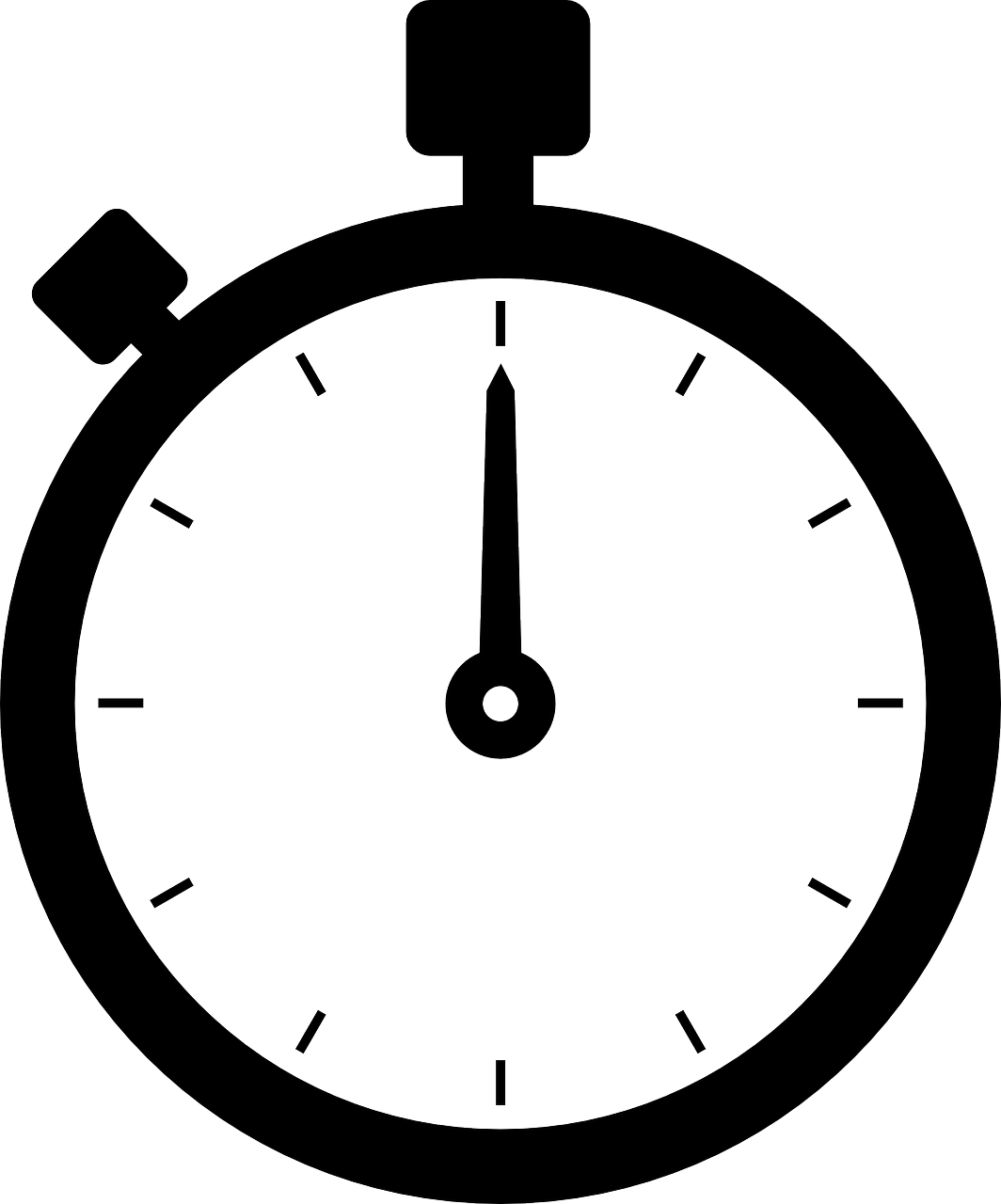In diesem Artikel findest du eine kurze Übersicht über alle Zeitformen im Englischen.
Die Signalwörter helfen dir jeweils einzuschätzen, welche Zeitform die richtige ist.

Dieser Artikel befindet sich im Aufbau und sucht jemanden, der ihn weiter gestalten möchte.
Außerdem verdient jede Zeitform einen eigenen Artikel, Beispiele und Übungsaufgaben. Dabei kannst du uns helfen!
Wenn du dich gerne als Autor*in bei Serlo beteiligen möchtest, dann schreib uns eine Mail an de@serlo.org

Present (Präsens)
Simple present (einfache Gegenwart)
Signalwörter: usually, every day, always, normally, sometimes, often
Personalform | positiv | negativ | Frage |
|---|---|---|---|
I/you/we/they | go | don´t go | Do I go? |
he/she/it | goes | doesn´t go | Does he go? |
Present progressive (fortlaufende Gegenwart)
Signalwörter: at the moment, now, right now, just, still, today, Listen!, Look!
Personalform | positiv | negativ | Frage |
|---|---|---|---|
I | am running | am not running | Am I running? |
he/she/it | is running | isn´t running | Is she running? |
you/we/they | are running | aren´t running | Are they running? |
"ie" wird zu y: lie --> lying
Past (Präteritum)
Simple past (einfache Vergangenheit)
Signalwörter: yesterday, one year ago, last week/month/year..., in 1999
Personalform | positiv | negativ | Frage |
|---|---|---|---|
I/you/he/she/it/we/you/they | cooked | didn´t cook. | Did we cook? |
I/you/he/she/it/we/you/they(irregular verb) | beat | didn´t beat | Did she beat? |
"Kommt der "DID", geht der "ED". --> Infinitiv für negative Aussagen und Fragen
Past progressive
Signalwörter: while, when, at nine o´clock yesterday (genauer Zeitpunkt)
Personalform | positiv | negativ | Frage |
|---|---|---|---|
I/he/she/it | was singing | wasn´t singing | Was he singing? |
you/we/they | were singing | weren´t singing | Were we singing? |
Eine Aktion geschah ("2. Aktion" Simple past) inmitten einer anderen Aktion ("1. Aktion" Past progressive) --> I was watching TV when the door bell rang.
Present perfect (abgeschlossene/vollendete Gegenwart)
Signalwörter: How long...?, already, ever, never, just, always, so far, yet, lately, recently, for, since
Personalform | positiv | negativ | Frage |
|---|---|---|---|
I/you/we/they | have spoken | haven´t spoken | Have they spoken? |
he/she/it | has spoken | hasn´t spoken | Has he spoken? |
have/has + past participle
Verwende "already" in positiven Aussagen und "yet" in negativen Aussagen und Fragen
since - point time
for - period time
Present perfect progressive (längere Handlung in der Vergangenheit)
Signalwörter: How long...?, since, for, recently, all day, lately
Personalform | positiv | negativ | Frage |
|---|---|---|---|
I/you/we/they | have been waiting for two hours now. | haven´t been waiting for two hours now. | Have they been waiting here for two hours? |
he/she/it | has been living here for 10 years. | hasn´t been living here for 10 years. | Has he been living here for 10 years? |
Verwende das Present Perfect Progressive nicht mit Verben, ...die einen Zustand ausdrücken (to be, look, have, sound, taste, smell...) ...die Gefühle ausdrücken (to love, like, want, hate, wish...) ...die Gedanken ausdrücken (to understand, know, remember, think, agree...)
Past perfect (Vorvergangenheit)
Signalwörter: meist after und before, nicht eindeutig
Personalform | positiv | negativ | Frage |
|---|---|---|---|
I/you/he/she/it/we/you/they | had taken the bus | hadn´t taken the bus. | Had you taken the bus? |
had + past participle
Future (Zukunft)
Going-to-future
Signalwörter: soon, next week/month/year, in four days, tomorrow, the day after tomorrow
Personalform | Bejahung | Verneinung | Frage |
|---|---|---|---|
I | am going to go to London next month | am not going to go | Am I going to go? |
he/she/it | is going to meet | isn´t going to meet | Is he going to meet? |
you/we/they | are going to play | aren´t going to learn. | Are we going to learn? |
Verwende es, um einen Plan für die Zukunft auszudrücken.
Will-future
Signalwörter: soon, next week/month/year, in four days, tomorrow, the day after tomorrow
Personalform | Bejahung | Verneinung | Frage |
|---|---|---|---|
I/you/he/she/it/we/you/they | will go to school. | won´t go to school. | Will they go to school? |
Wir verwenden es für spontane Entscheidungen/Ereignisse in der Zukunft, die wir nicht vorhersagen können.
Quellen
- Abbildung: https://www.npridik.de/bildvokabeln-12-uhr/
